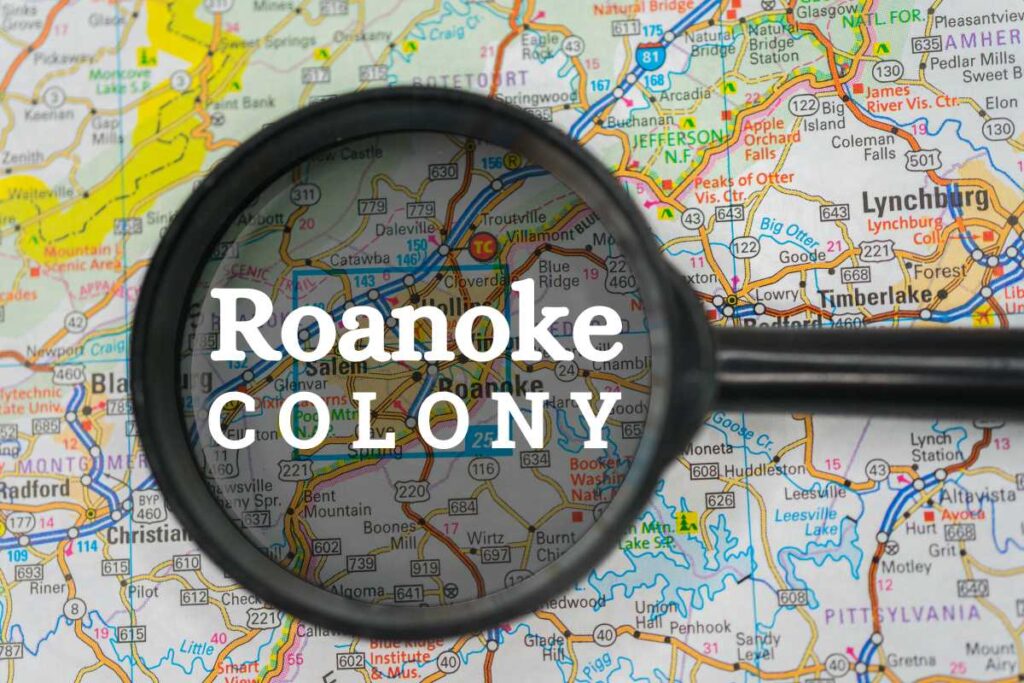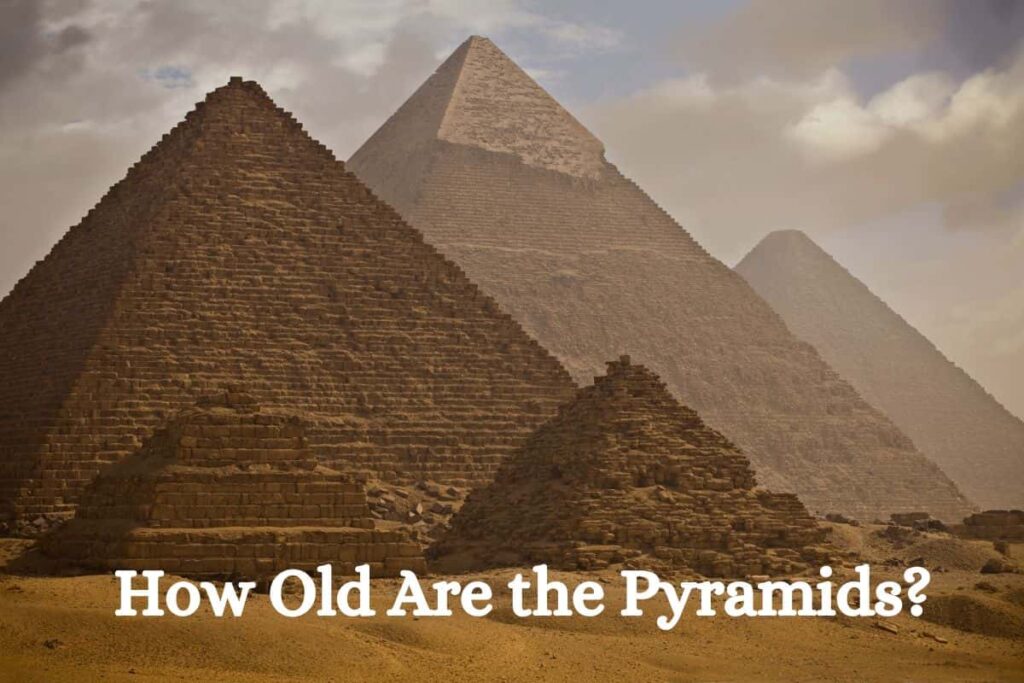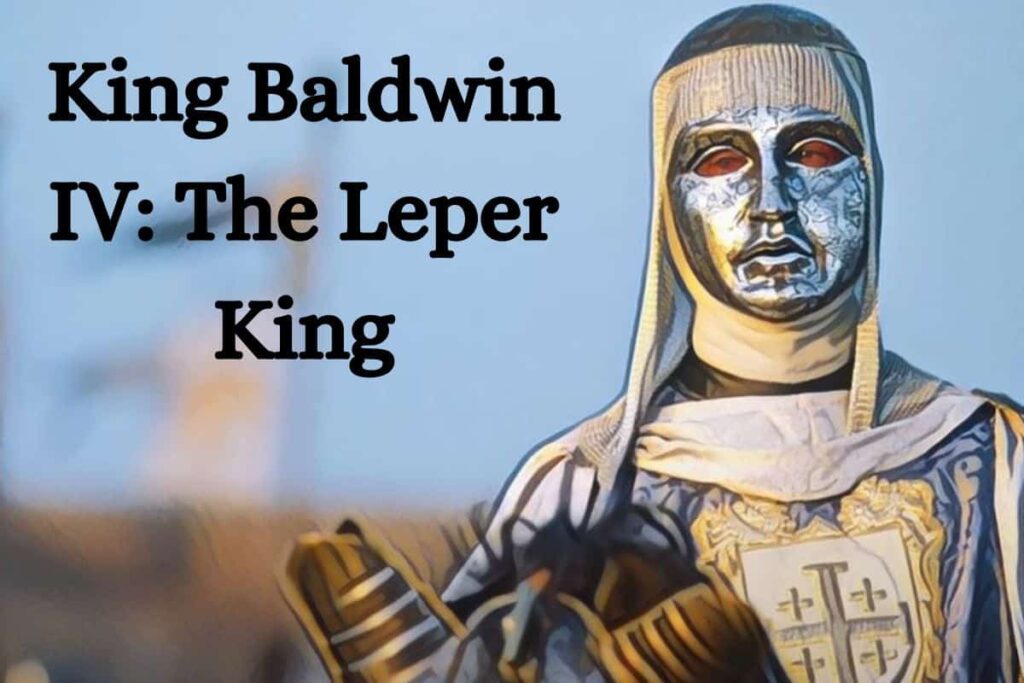Introduction
Welcome to the captivating tale of Roanoke Colony, an enigma that has puzzled historians and adventurers alike for centuries. In this extensive exploration, we’ll delve into the historical background, the establishment, the mysterious disappearance, and the various theories surrounding the lost colony, uncovering the secrets hidden in the sands of time.
Historical Background of Roanoke Colony

Roanoke Colony, initially established in 1585 on Roanoke Island, North Carolina, was one of the first English colonies in the New World. Sponsored by Sir Walter Raleigh, the colony aimed to establish a permanent English presence in the Americas.
Establishment and Early Years

The early years of the Roanoke Colony were filled with promise and challenges. Despite facing hardships such as resource scarcity and strained relations with the indigenous population, the settlers persisted in building their new home. The struggle for survival in an unfamiliar land forged a unique identity for the Roanoke colonists.
The Mysterious Disappearance

The turning point in Roanoke’s history occurred between 1587 and 1590 when the colony seemingly vanished without a trace. The fate of the settlers remains one of the greatest mysteries in American history. The absence of definitive answers has fueled centuries of speculation and intrigue.
Theories Surrounding the Roanoke Colony
Alien Abduction Theory
While not a mainstream theory, some speculate that extraterrestrial forces played a role in the disappearance of Roanoke Colony. However, historical evidence remains inconclusive. The notion of aliens interacting with early American settlers adds a fascinating layer to the mystery.
Native American Conflict
Another prevalent theory suggests that conflict with the Native American population led to the demise of the settlers. This theory explores the possibility of strained relations and ensuing violence. Understanding the complex dynamics between the colonists and Native Americans provides insights into the challenges faced by both groups.
Environmental Challenges
Environmental factors such as hurricanes, droughts, and other natural disasters are also considered as potential causes for the colony’s disappearance. The harsh conditions of the New World could have posed insurmountable challenges. Exploring the ecological context of Roanoke Colony sheds light on the impact of the environment on early colonial endeavors.
Integration with Native Tribes
A more optimistic theory proposes that the settlers, faced with adversity, integrated with nearby Native American tribes for survival. This theory raises questions about the possible assimilation and cultural exchange, challenging traditional narratives of conflict.
Recent Discoveries: Lost Colony Found?

Recent archaeological findings have reignited interest in the Roanoke mystery. Some artifacts suggest a potential relocation of the settlers, challenging the traditional narrative of a vanished colony. These discoveries open new avenues for understanding the fate of the Roanoke colonists and their potential interactions with neighboring communities.
Facts and Artifacts of Roanoke Colony

Explore the tangible remnants of Roanoke Colony, from tools and pottery to writings and maps. These artifacts provide valuable insights into the daily lives of the settlers and the challenges they faced. Analyzing the material culture of Roanoke offers a glimpse into the resilience and adaptability of the early English colonists.
FAQs About Roanoke Colony
Q1: What happened to the Roanoke Colony?
A1: The fate of Roanoke Colony remains unknown. The settlers vanished between 1587 and 1590, leaving behind a mystery that has endured for centuries. The lack of concrete evidence has fueled various theories, adding layers to the enigma.
Q2: Are there any recent developments in the search for the lost colony?
A2: Yes, recent archaeological discoveries have sparked new discussions about the fate of Roanoke Colony. Some suggest a potential relocation of the settlers, challenging long-held beliefs about the colony’s disappearance. Ongoing research continues to reshape our understanding of this historical puzzle.
Q3: How did the Native American population interact with the Roanoke settlers?
A3: Relations between the settlers and Native Americans were complex and varied. Some theories propose conflict, while others suggest integration and cooperation. Exploring the nuances of these interactions provides a more comprehensive understanding of the challenges faced by both communities.
Conclusion
Roanoke Colony continues to captivate our imaginations and challenge our understanding of history. Whether through the lens of mystery or recent archaeological findings, the story of Roanoke remains a testament to the resilience and intrigue of early American colonization. As ongoing research sheds new light on the lost colony, the tale of Roanoke evolves, leaving room for future generations to uncover additional chapters in this compelling narrative.
if You want to explore more click here



